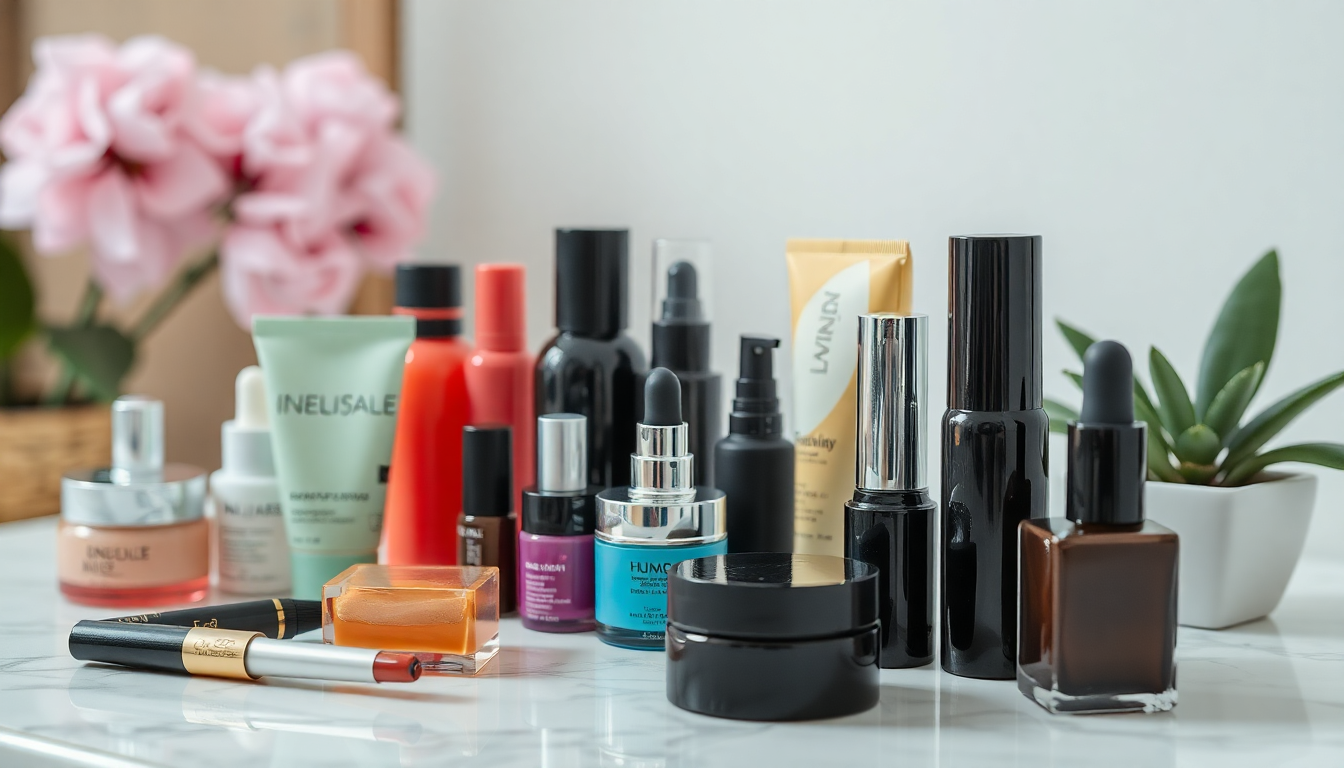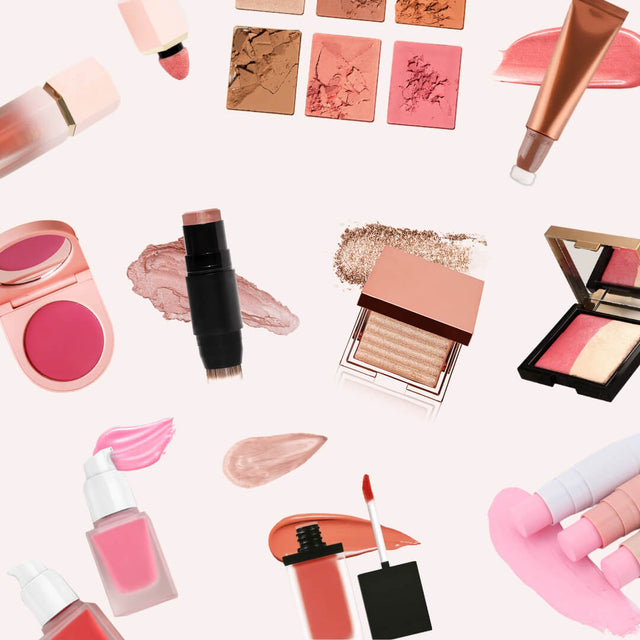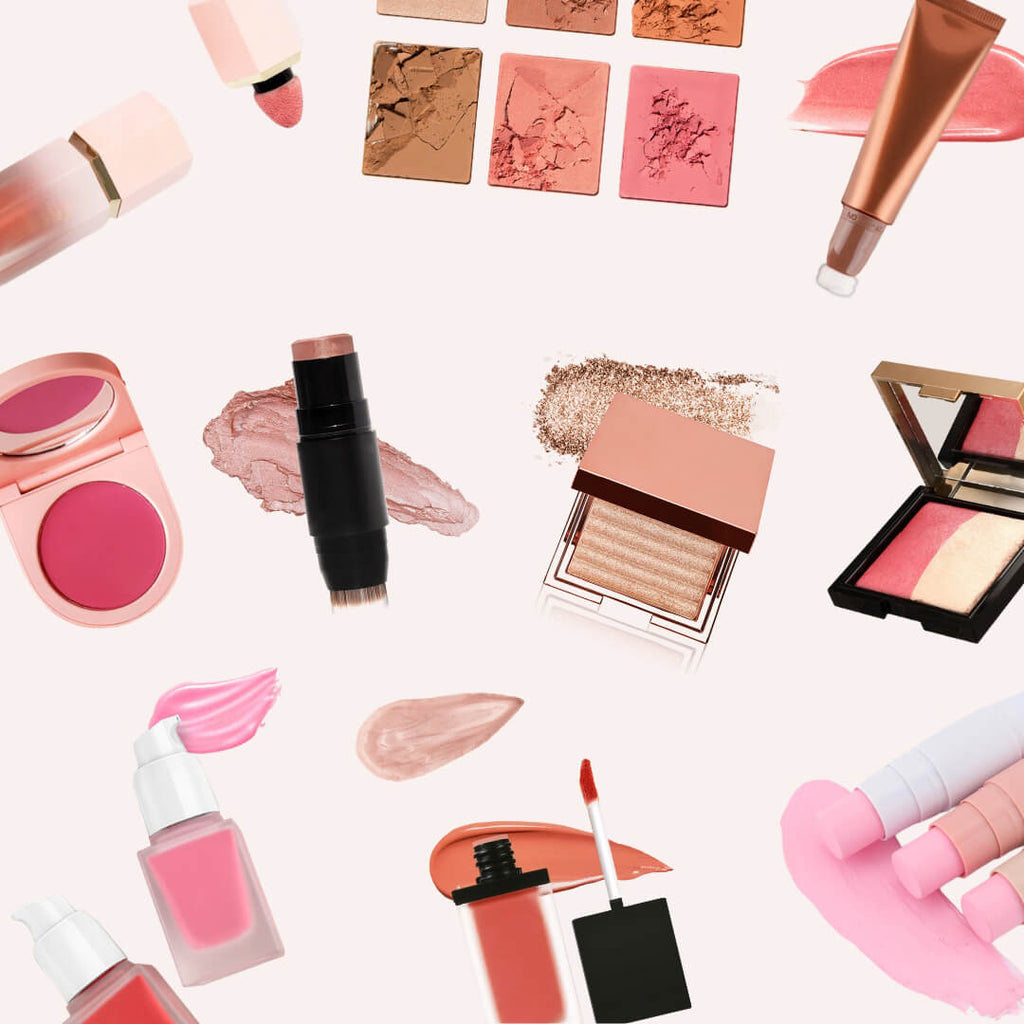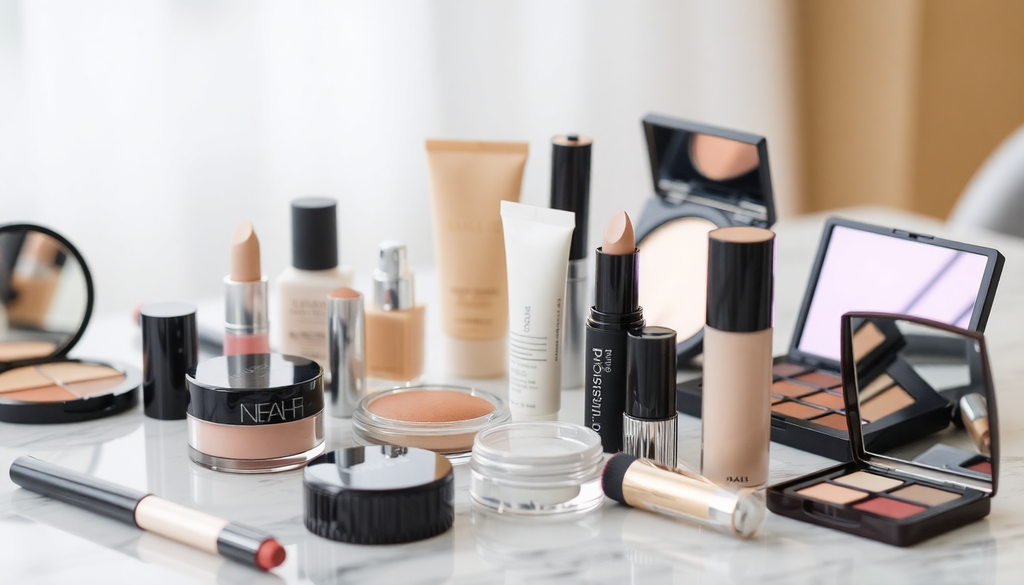
Top 10 Strategies for Sourcing Private Label Cosmetics with No Minimums: A Guide for Aspiring Makeup Entrepreneurs
Introduction
The beauty industry is booming, with private label cosmetics becoming a popular way for aspiring entrepreneurs to carve out their niche in the market. However, many newcomers struggle with the challenge of sourcing products without the burden of high minimum order quantities. This guide provides you with the top 10 strategies for sourcing private label cosmetics with no minimums, allowing you to launch your beauty line with confidence and ease.
1. Research Online Suppliers
In today’s digital age, a wealth of information is available at your fingertips. Start by exploring online platforms that specialize in private label products. Websites like Alibaba, ThomasNet, and Maker’s Row host a variety of suppliers who are willing to work with small businesses. When researching online suppliers, keep the following tips in mind:
- Read Reviews: Look for suppliers with positive feedback and a solid reputation.
- Request Samples: Always ask for samples to assess the quality of the products before committing.
- Compare Quotes: Don’t settle on the first supplier you find; compare prices and terms from multiple sources.
2. Leverage Local Manufacturers
While global suppliers can offer competitive prices, local manufacturers can provide more flexibility with small orders. Research beauty manufacturers in your area and reach out to them. Establishing a relationship with local suppliers can provide several advantages:
- Faster Shipping: Local suppliers can often fulfill orders more quickly, reducing wait times for your products.
- Personalized Service: Working with nearby manufacturers allows for easier communication and collaboration.
- Support Your Community: Partnering with local businesses contributes to your community’s economy.
3. Consider Dropshipping Options
Dropshipping is an excellent business model for aspiring entrepreneurs, as it allows you to sell products without holding any inventory. By partnering with dropshipping suppliers that offer private label cosmetics, you can start your business with minimal financial risk. Here are some benefits of dropshipping:
- Low Startup Costs: You only pay for products once you make sales.
- Flexible Business Model: You can easily test different products without the need for large investments.
- Focus on Marketing: With inventory and shipping taken care of, you can concentrate on growing your brand.
4. Utilize Trade Shows
Trade shows and expos are invaluable opportunities for entrepreneurs to network, discover new suppliers, and stay updated on industry trends. Attending beauty trade shows can provide you with insights and connections that can be pivotal for your business. Tips for maximizing your trade show experience include:
- Prepare Ahead of Time: Research the exhibitors and create a list of suppliers you want to meet.
- Bring Business Cards: Handing out business cards can help you create lasting connections.
- Take Notes: Keep track of your conversations and follow up with contacts after the event.
5. Join Entrepreneurial Networks
Connecting with other beauty entrepreneurs can provide you with insights and recommendations that can simplify your sourcing process. Join online forums, social media groups, and professional networks focused on beauty and cosmetics. Benefits of joining these networks include:
- Knowledge Sharing: Learn from others’ experiences, including supplier recommendations and pitfalls to avoid.
- Collaboration Opportunities: Collaborate with other entrepreneurs on projects, promotions, or even product launches.
- Support System: Build a network of like-minded individuals who can offer encouragement and advice.
6. Take Advantage of Sample Programs
Many suppliers offer sample programs that allow you to test their products without committing to large orders. Taking advantage of these programs can help ensure that you are satisfied with the quality of the products you intend to sell. Here’s how to effectively use sample programs:
- Request Multiple Samples: Don’t just settle for one; request samples from several suppliers to compare quality.
- Test Thoroughly: Evaluate products for color, texture, longevity, and overall performance.
- Gather Feedback: Share samples with friends or potential customers to gain their impressions and insights.
7. Negotiate Terms
Negotiation is a key skill when sourcing private label cosmetics. Many suppliers are willing to accommodate small businesses, especially if you express your intent to grow. Here are some negotiation tips:
- Be Honest: Clearly communicate your needs and limitations regarding order quantities.
- Show Commitment: If possible, indicate that you plan to place larger orders in the future to encourage suppliers to be flexible.
- Discuss Payment Terms: Negotiate payment terms that work for your cash flow, such as delayed payments for larger orders.
8. Explore Niche Markets
Focusing on niche markets can set your brand apart from the competition. Suppliers catering to specific demographics often have more flexible policies regarding minimum orders. Some niche markets to consider include:
- Organic and Natural Products: Consumers are increasingly looking for eco-friendly and organic options.
- Vegan Cosmetics: This market is growing, with a demand for cruelty-free products.
- Inclusive Beauty: Products catering to diverse skin tones and types can attract a broader audience.
9. Use Social Media for Research
Social media platforms like Instagram and Pinterest are not just for marketing; they are also excellent tools for researching potential suppliers. Follow relevant hashtags, engage with industry influencers, and discover emerging brands. Here’s how to effectively use social media:
- Follow Industry Trends: Stay updated on the latest trends and popular products in cosmetics.
- Engage with Brands: Reach out to brands that inspire you and inquire about their sourcing practices.
- Join Relevant Groups: Participate in groups focused on beauty entrepreneurship to share and gain knowledge.
10. Stay Informed on Regulations
As a makeup entrepreneur, understanding the regulations governing cosmetics in your region is crucial. This knowledge helps you avoid costly mistakes and ensures compliance with industry standards. Here are some key regulations to consider:
- Ingredient Regulations: Familiarize yourself with the ingredients that are prohibited or restricted in your country.
- Labeling Requirements: Ensure your products meet all labeling requirements, including ingredient lists and safety warnings.
- Testing Standards: Know the testing requirements for cosmetic products to ensure their safety.
Conclusion
Sourcing private label cosmetics with no minimums is not only feasible but can also pave the way for a successful beauty business. By leveraging these strategies, you can successfully launch your makeup brand and stand out in a competitive market. Start exploring these options today, and take the first step toward achieving your entrepreneurial dreams!



